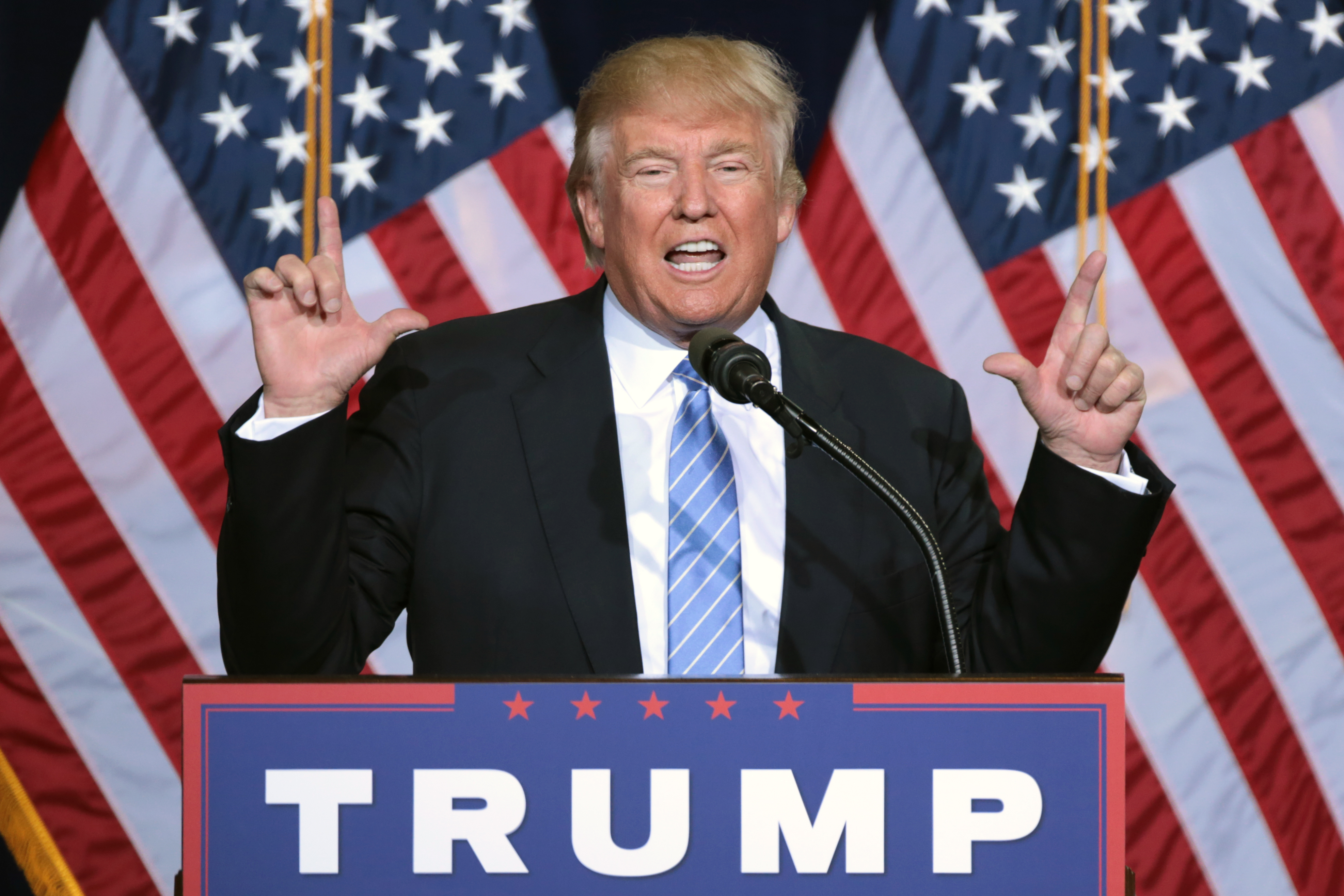 President Donald Trump at a rally in Phoenix, Arizona, 2016WIKIMEDIA, GAGE SKIDMOREPresident Donald Trump’s new executive order on immigration was announced on Monday (March 6). The rules place a 90-day ban on immigration from Iran, Libya, Somalia, Sudan, Syria, and Yemen, exempting permanent US residents and all those who hold valid visas. “This executive order responsibly provides a needed pause so we can carefully review how we scrutinize people coming here from these countries of concern,” said Attorney General Jeff Sessions, according to the Washington Post.
President Donald Trump at a rally in Phoenix, Arizona, 2016WIKIMEDIA, GAGE SKIDMOREPresident Donald Trump’s new executive order on immigration was announced on Monday (March 6). The rules place a 90-day ban on immigration from Iran, Libya, Somalia, Sudan, Syria, and Yemen, exempting permanent US residents and all those who hold valid visas. “This executive order responsibly provides a needed pause so we can carefully review how we scrutinize people coming here from these countries of concern,” said Attorney General Jeff Sessions, according to the Washington Post.
Several of the most controversial parts of the original executive order, issued in January and met with widespread protests, have been struck from the current version. The original order would have banned residents with green cards from entering the US when traveling from seven countries, for instance. But experts within the scientific community remain concerned about its implications.
Researchers who have not yet renewed their visas or are working under single-entry visas could theoretically be barred from re-entry if they leave the country, Brendan Delaney, an immigration lawyer at Leavy, Frank & Delaney in Bethesda, Maryland, told Nature. Whether that would happen is unclear, especially since the new executive order allows waivers on a case-by-case basis. But that is little comfort to scientists living in ...













